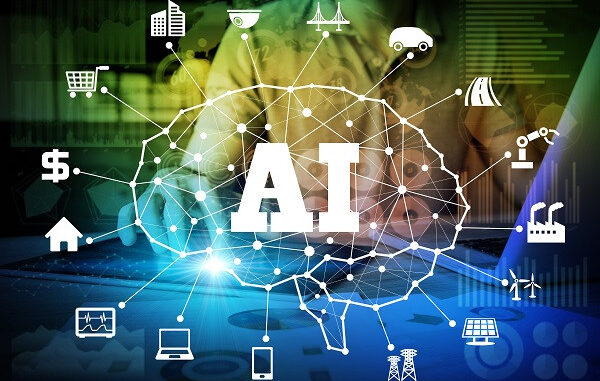
AI technology is indeed evolving rapidly, leading to significant advancements and changes across various sectors. Here are some key trends and developments in the ongoing evolution of AI:
1. **Advancements in Machine Learning**: Machine learning algorithms are becoming more sophisticated. Techniques such as deep learning, reinforcement learning, and transfer learning are improving the ability of AI systems to learn from data and adapt to new situations.









2. **Natural Language Processing (NLP)**: The capabilities of NLP models, like DeepAI’s GPT series and others, have seen significant improvements in understanding and generating human language. This has applications in chatbots, translation services, content creation, sentiment analysis, and more.
3. **AI Ethics and Governance**: As AI becomes more pervasive, there is a growing emphasis on ethical considerations, fairness, transparency, and accountability in AI systems. Organizations and governments are beginning to establish guidelines and regulations to address bias, data privacy, and ethical use.
4. **Explainable AI (XAI)**: With the increasing use of AI in critical applications (like healthcare and finance), there’s a push for explainable AI, which focuses on making AI decision-making processes understandable to humans. This is crucial for trust and accountability.
5. **Generative Models**: AI systems capable of generating content, such as images, videos, music, and text, are becoming increasingly sophisticated. Technologies like GANs (Generative Adversarial Networks) and diffusion models allow for high-quality content generation, which has implications in arts, entertainment, and design.
6. **Federated Learning**: This technique allows AI models to be trained across decentralized devices or servers while keeping data localized and secure. It enhances privacy by reducing the need to transfer sensitive data and is useful in fields like healthcare and finance.
7. **AI Integration in IoT**: The integration of AI with the Internet of Things (IoT) is enhancing data analysis and decision-making in real-time applications. AI can analyze data from IoT devices to optimize operations, predict maintenance needs, and improve efficiency.
8. **AI for Climate Change Solutions**: AI is increasingly used to model climate change scenarios, optimize energy use, and analyze climate data. This trend is helping researchers and policymakers devise more effective strategies to combat environmental challenges.
9. **AI in Healthcare**: AI is revolutionizing healthcare through improved diagnostics, personalized treatment plans, drug discovery, and patient monitoring systems. The ability of AI to analyze medical data quickly and accurately is transforming patient care.
10. **Augmented and Virtual Reality (AR/VR) Powered by AI**: AI enhances AR and VR technologies, enabling more interactive and immersive experiences in gaming, training, education, and remote collaboration.
11. **Edge AI**: Processing AI algorithms on local hardware (edge devices) reduces latency and bandwidth issues associated with cloud computing. This is particularly important for applications requiring real-time decision-making, such as autonomous vehicles and smart devices.
12. **AI Democratization**: Tools and platforms are making AI more accessible to a broader audience, enabling non-experts to utilize AI technologies without extensive technical knowledge. This democratization fosters innovation across various fields and industries.
As AI technology continues to evolve, it will likely transform industries, enhance human capabilities, and create new opportunities while also posing challenges that society will need to navigate. Staying informed about these developments is crucial for researchers, businesses, and policymakers alike.


Leave a Reply